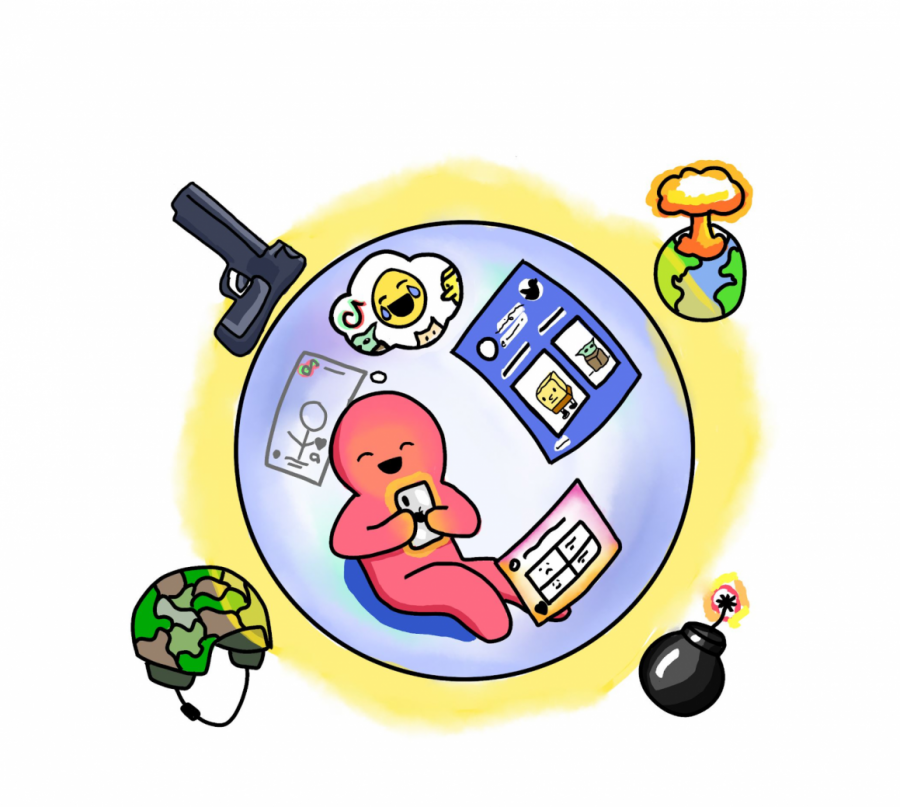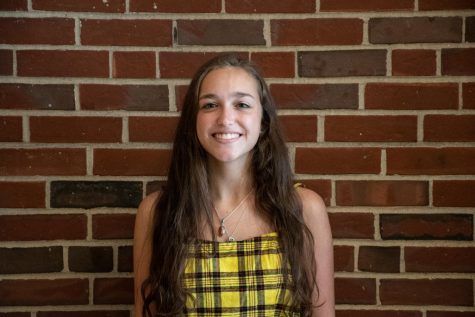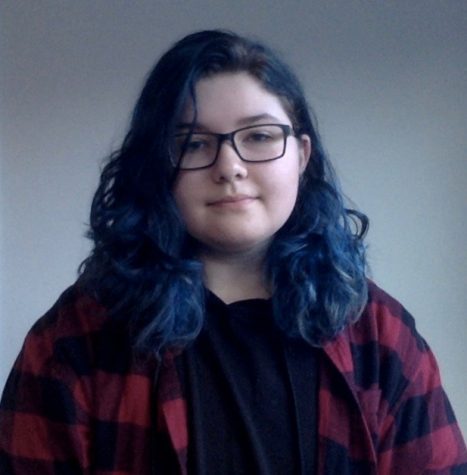Memes help Generation Z, millennials cope with possibility of World War III
People of the Gen z and millenial generations escape to a protective bubble to share memes about WWIII with their peers as a way to cope with the world we live in.
February 14, 2020
Once the news broke out about how President Trump had commanded the assassination of a top Iran general, Qassem Soleimani, a massive trend of World War 3 memes hit social media platforms including Twitter and TikTok. This lighthearted reaction is a classic example of how both Generation Z and millenials use jokes as a coping mechanism for serious topics.
As Gen Z, whenever something bad happens there is always a meme about it somewhere because that’s just what we do. It’s easy to crack jokes about the possibility of another world war and what would happen if you were drafted. By doing this it helps some people alleviate the amount of stress, fear or anxiety they feel about it.
Creating memes around the subject and cracking jokes about it is better than constantly dwelling about the future and what it may bring.
People are only using dark humor to mask their sense of dread for what may happen down the road. One glance at a meme and you might not think much of it, but at a closer look it becomes clear that some people don’t know much about the topic or don’t know how to properly express how they are feeling.
Most of the WW3 memes revolve around the fear of the draft getting reinstated or how unprepared ordinary Americans are in dealing with combat. The people actually creating these memes in the U.S. are the ones who are least likely to be affected by conflict. If there was a war it would be fought in Iran so the average U.S. citizen wouldn’t have to worry about their home becoming a battlefield.
In perspective, making memes about an event that would potentially scar a large amount of people seems insensitive. It doesn’t account for all the lives that would be lost and the trauma associated with that.
Though this may seem absurd and inappropriate to older generations, this form of coping helps millennials and Gen Z make light of otherwise dreary events that occur in the unstable world we live in today.











